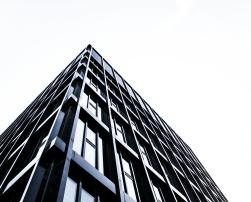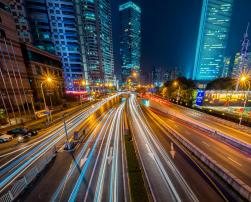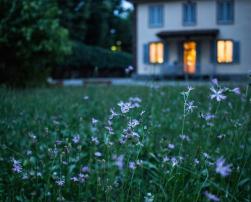
The Smart Square project in a poster
The Smart Square project develops tools to assess building intelligence through the Smart Readiness Indicator (SRI), with audits in pilot buildings, an observatory for monitoring progress, and a call centre issuing over 3,600 ratings.

'Belonging by connecting': a guide to citizen led, sustainable urban transformations
The guide highlights how local communities are leading sustainable urban transformations through citizen-led co-design, offering insights and frameworks for creating more connected, ecologically sustainable cities.

ARUP's 'AI for future cities' - first issue
'AI for Future Cities' explores the impact of artificial intelligence on urban planning, design, and management, highlighting its potential benefits, challenges, and the need for responsible use in shaping sustainable cities.

ACCORD training materials
Prepare for the ACCORD webinar on March 12 (11.00-12.00 CET) by reviewing training materials and video presentations on BIM-based building permits, automation, compliance, carbon checking, rule formalisation, model quality, and transformation pathways.

Navigating energy renovations in rented properties: Tackling the split incentive dilemma
The so-called split incentives dilemma arises in situations where the benefits of energy efficiency investments do not directly accrue to the party making the investments. The International Union of Property Owners (UIPI) has published an insightful study addressing these challenges.

A field study explores the phenomenon of overheating in low-energy buildings
Imagine building a low-energy home, designed to save energy and be comfortable. But what if, instead, it became unbearably hot?

What is a Plus Energy Building (PEB)?
This Cultural-E infographic explains Plus Energy Buildings (PEB), which generate more energy than they consume annually using local renewables, ensuring low emissions and efficiency.

Discovering BuildON
BuildON is a European project that enhances buildings with smart, AI-driven technologies for efficient energy management and decarbonisation. A leaflet introducing the initiative is available for download.

Energy savings with eco-efficient ZS ceramic bricks
The study demonstrates that using eco-efficient ZS ceramic bricks in building construction can reduce energy consumption by up to 12.5% compared to conventional bricks, with or without thermal insulation, in various climates.

Optimising relocatable modular building management with digital twin technology
This study presents a Digital Twin-based system integrating Building Information Modeling (BIM), Internet of Things (IoT), and Geographic Information Systems (GIS) to optimise the allocation, management, and lifecycle of relocatable modular buildings, reducing costs and improving efficiency.